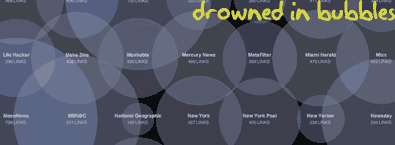All articles with 'charting principles' Tag
Are you focusing on F word or S word? [Charting Principles]
When you are making a chart next time, spend just 5 minutes (or even less) on the formatting and give more time (may be 20 minutes) to think about the story.
Continue »Bring out your bad charts, the ChartBusters are here…
Imagine having two annoying little bloggers looking over your shoulder and trying to mess up with the chart you are making…
I am still waiting, go ahead, imagine…
Now come back, that is exactly what “ChartBusters” is all about. Read more…
Continue »Excel Tips Submitted by You [Part 2]
In today’s installment of “your week @ PHD” we will learn how to use array formulas to refine text search, a bunch of very useful keyboard shortcuts, and a very simple tip on how to get ready when you want to make a chart. All really juicy tips, so read on.
Continue »A Good Chart is a Story [Charting Principles]
![A Good Chart is a Story [Charting Principles]](https://chandoo.org/wp/wp-content/uploads/2009/05/obesity-vs-eating-time.png)
A good chart tells a story. Here is a fantastic example of what a good chart is. The chart itself is very simple and easy. But it brilliantly juxtaposes two interesting pieces of data : Obesity rates in countries and Time spent eating per day, to tell a story.
Continue »In this week’s excel links learn how to make bingo cards, make your random numbers unique and prepare your data for charting and much more…
Continue »How Many Bubbles are Too Many Bubbles?

In How Many Links are Too Many Links, O’Reilly radar shows us this unfortunate bubble chart. Read the rest to see why the chart is unfortunate.
Continue »Do you know how to KISS, Wall Street Journal Does!

Do you know the “KISS” principle of chart design ?
Continue »

